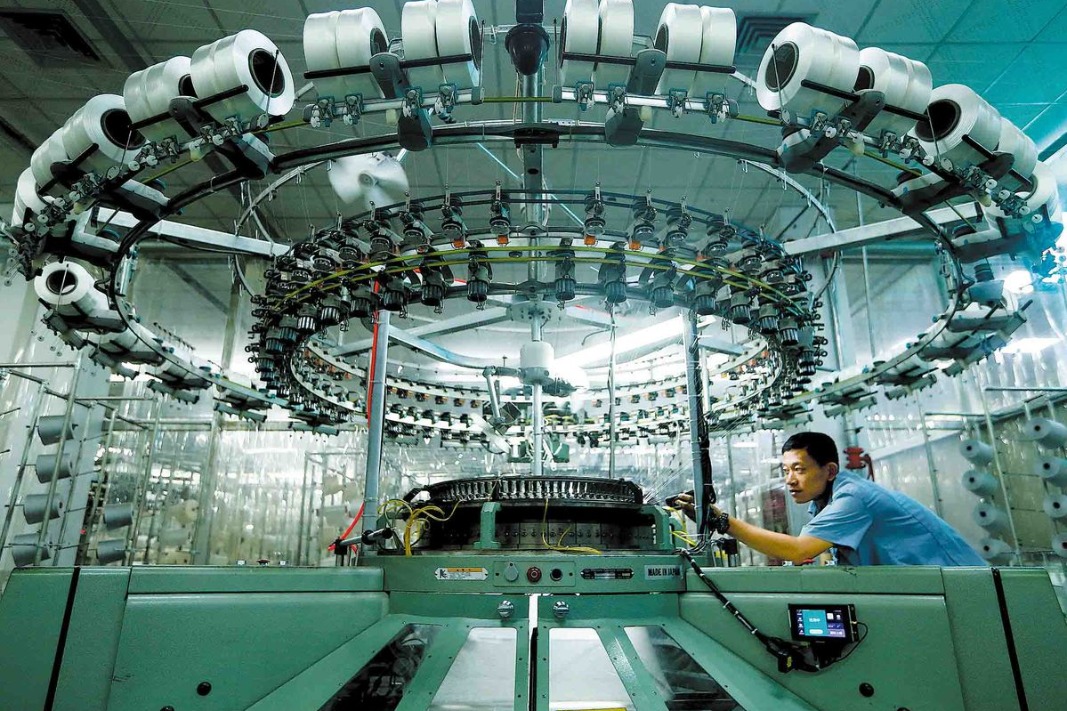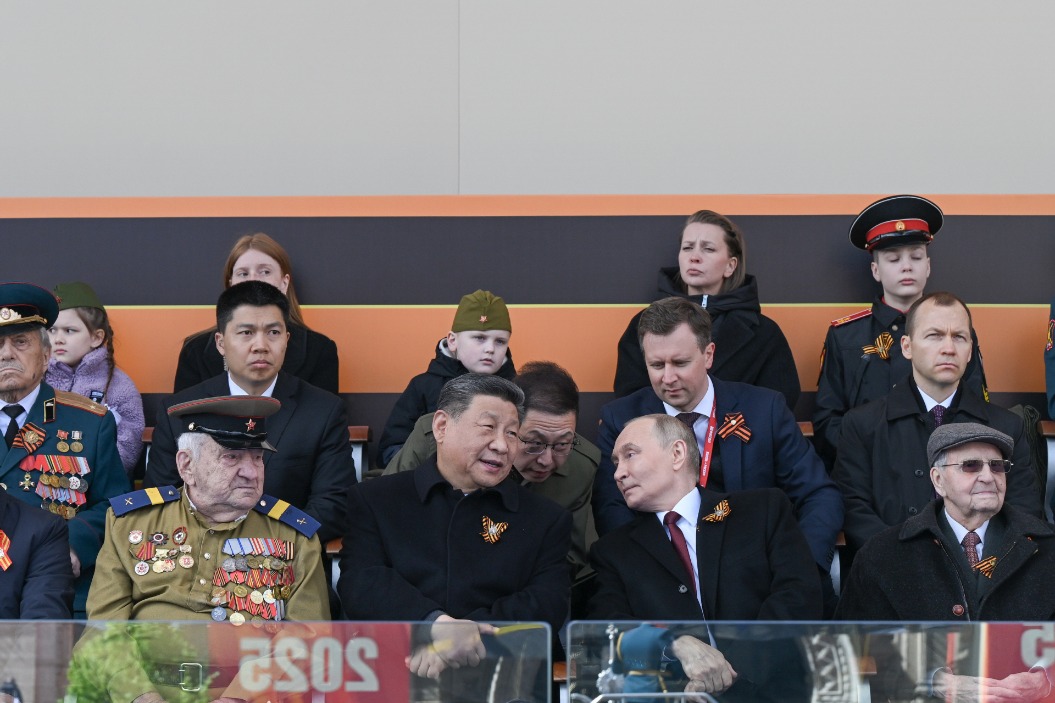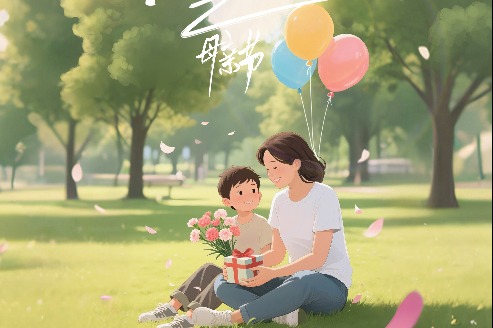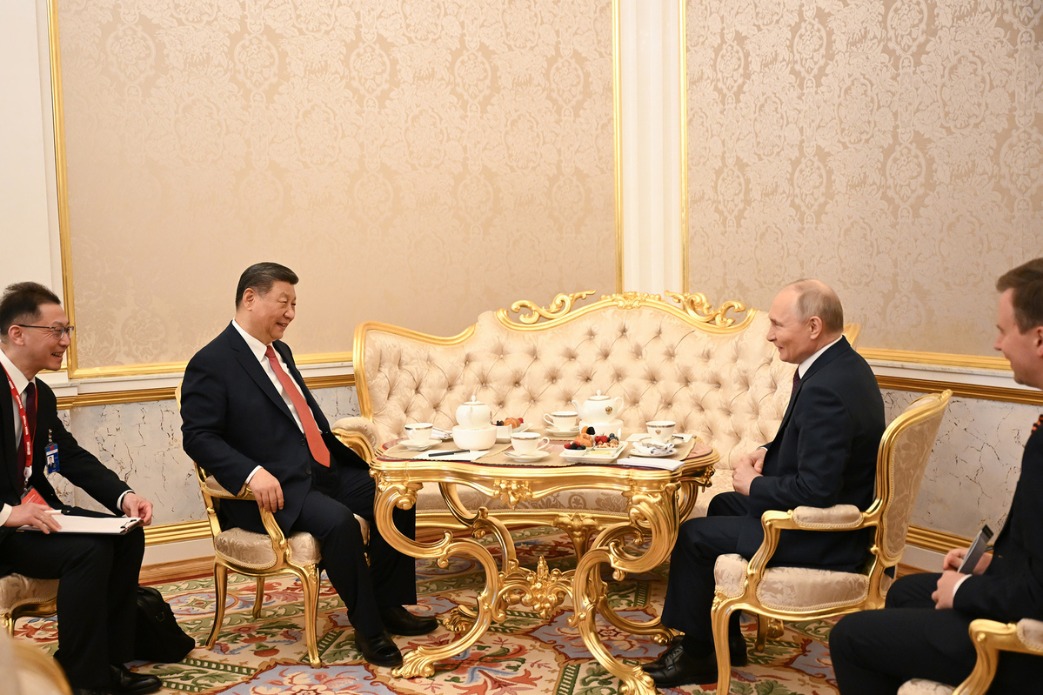'Ferrymen of life' ease organ donation process for patients' family members


Professionals help honor the deceased person's wishes and soothe their relatives' pain of loss. Yang Zekun reports.
"Are you willing to donate your loved one's organs?"
Wang Chulong, who used to work as a nurse in an intensive care unit, is familiar with life and death. However, after becoming a full-time coordinator for organ donations, he has discovered that this is the most difficult question he can ask. It's also the most difficult one for relatives to answer.
He said he drops whatever he is doing and rushes to the hospital whenever he hears about a potential donor because his job revolves around life and death, and he is often in a race against time.
Voluntary posthumous donation and living donations between relatives are China's only sources of organs for transplantation, and the country has vigorously publicized the related policies. Coordinators are involved in almost every successful donation and the publicity and implementation of the policy. As such, they are often popularly known as "ferrymen of life".
Currently, 29 provincial-level authorities have set up organizations for human organ donations, with more than 2,500 coordinators and over 400 volunteer service teams with a total of 10,000 members.
By the mid of this month, about 6.23 million people had registered with the China Organ Donation Administrative Center to donate posthumously, while about 138,200 organs had been donated since 2010.
However, registration is only an expression of the intention to donate, and the process can only be undertaken after strict medical assessment and with the consent of immediate family members. Therefore, voluntary registration does not necessarily ensure that a donation will take place. As a result, coordinators are sometimes faced with refusals, so they often have to try to persuade family members to honor the dead person's wishes.























